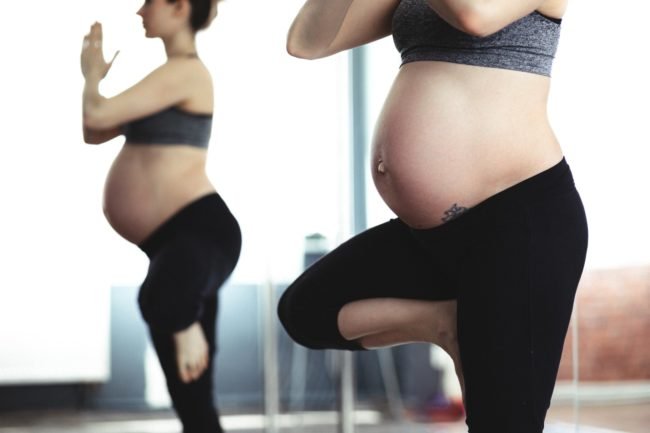During pregnancy, it is a pregnant women’s ultimate joy to feel the baby’s movement. It further increases the bonding with the baby.
Fetal movements are perceived by the women as a sensation of discrete kick, flutter, swish or roll.
When will I feel the baby movement?
Movements are first perceived by the mother between 18 and 20 weeks of gestation. Women in their first pregnancy may perceive movement much later than 20 weeks of pregnancy, but women who have been pregnant before may perceive fetal movements as early as 16 weeks pregnancy in the subsequent pregnancies.
Fetal movements provide an indication of the integrity of the central nervous and musculoskeletal systems. The normal fetus is active and capable of physical movement, and goes through periods of both rest and sleep.
The number of spontaneous movements tends to increase until the 32nd week of pregnancy. From this stage of gestation, the frequency of fetal movements plateaus until the onset of labor; however, the type of fetal movement may change as pregnancy advances in the third trimester. There is no reduction in the frequency of fetal movements in the late third trimester.
How much fetal movement is normal?
By term, the average number of generalised movements per hour is 31 (range 16– 45) and the longest period between movements ranging from 50 to 75 minutes. From as early as 20 weeks of gestation, fetal movements show diurnal changes. The afternoon and evening periods are periods of peak activity. Fetal movements are usually absent during fetal ‘sleep’ cycles, which occur regularly throughout the day and night and usually last for 20–40 minutes These sleep cycles rarely exceed 90 minutes in the normal, healthy fetus.
When will I feel the baby movement more?
There is some evidence that women perceive most fetal movements when lying down, fewer when sitting and fewest while standing.
When should I be concerned about baby /fetal movement?
Sedating drugs, alcohol, cigarette smoking is associated with a decrease in fetal activity.
Women are advised to be aware of their baby’s individual pattern of movements. If at any time they feel that the movements are reduced or absent then they are advised to lie on their left side and focus on fetal movements for 2 hours. If they do not feel 10 or more discrete movements in 2 hours, they should contact their doctor.
What will my doctor do in case of reduced fetal movement?
The doctor will usually do a complete assessment and may be also record the fetal heart sounds on a machine which is called as the NST. In some cases the doctor may need to assess the blood flow to the fetus via an ultrasound Doppler assessment. In case there is any compromise in the fetal well being then the doctor will take an appropriate action depending on the period of gestation and various other parameters.
So enjoy the flutter of the baby in your womb – the utmost joy of life within life.







